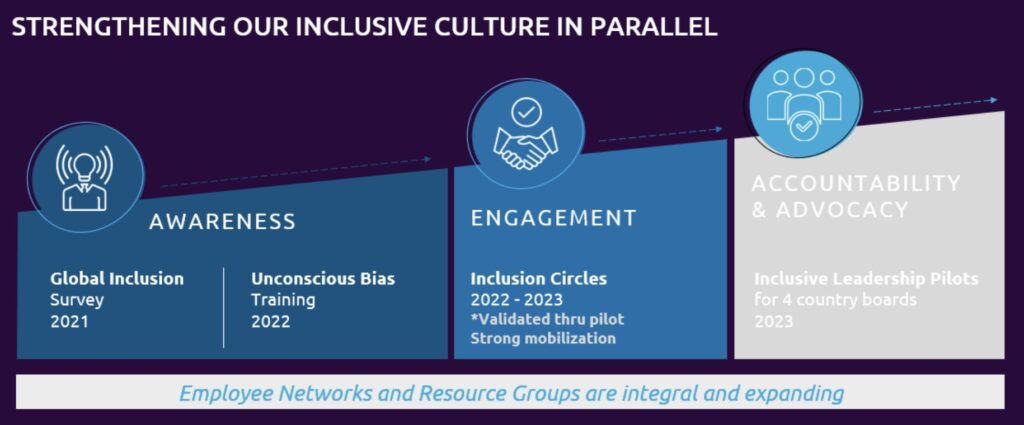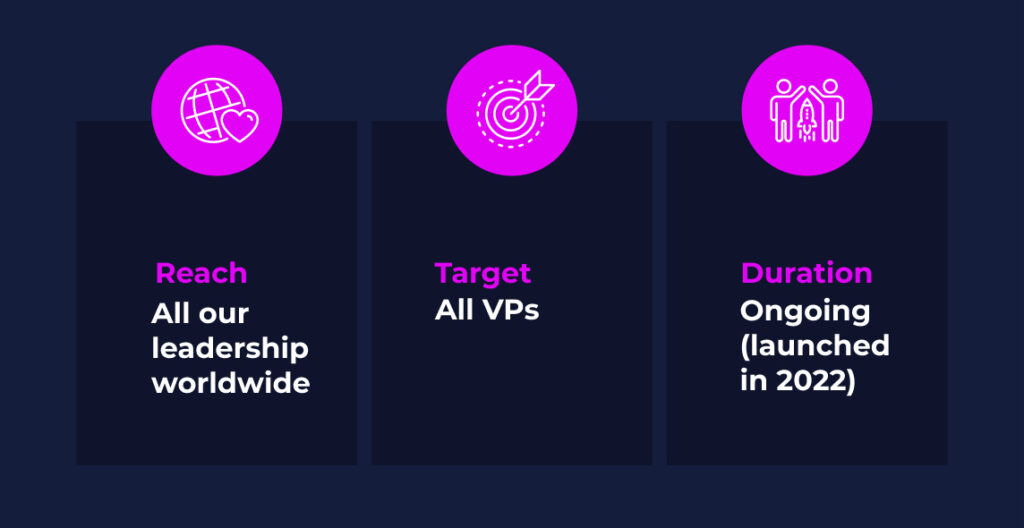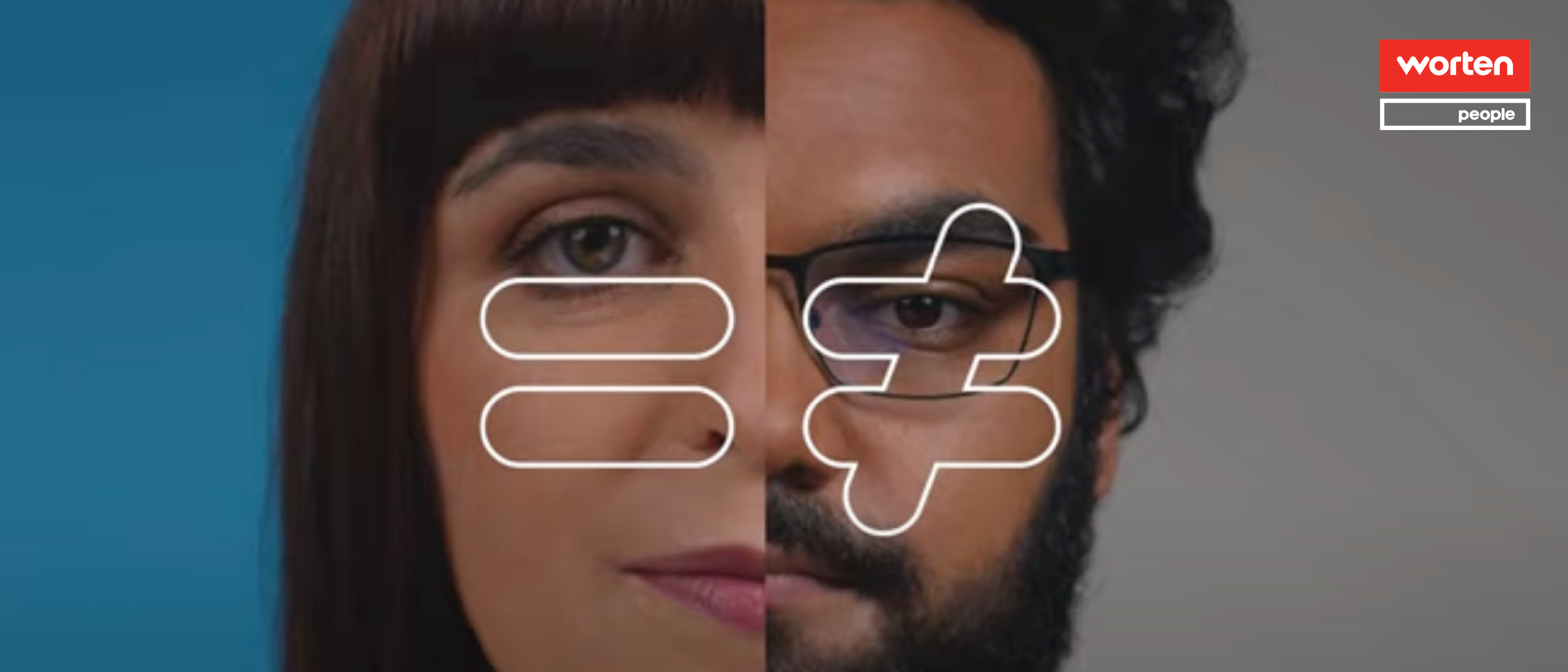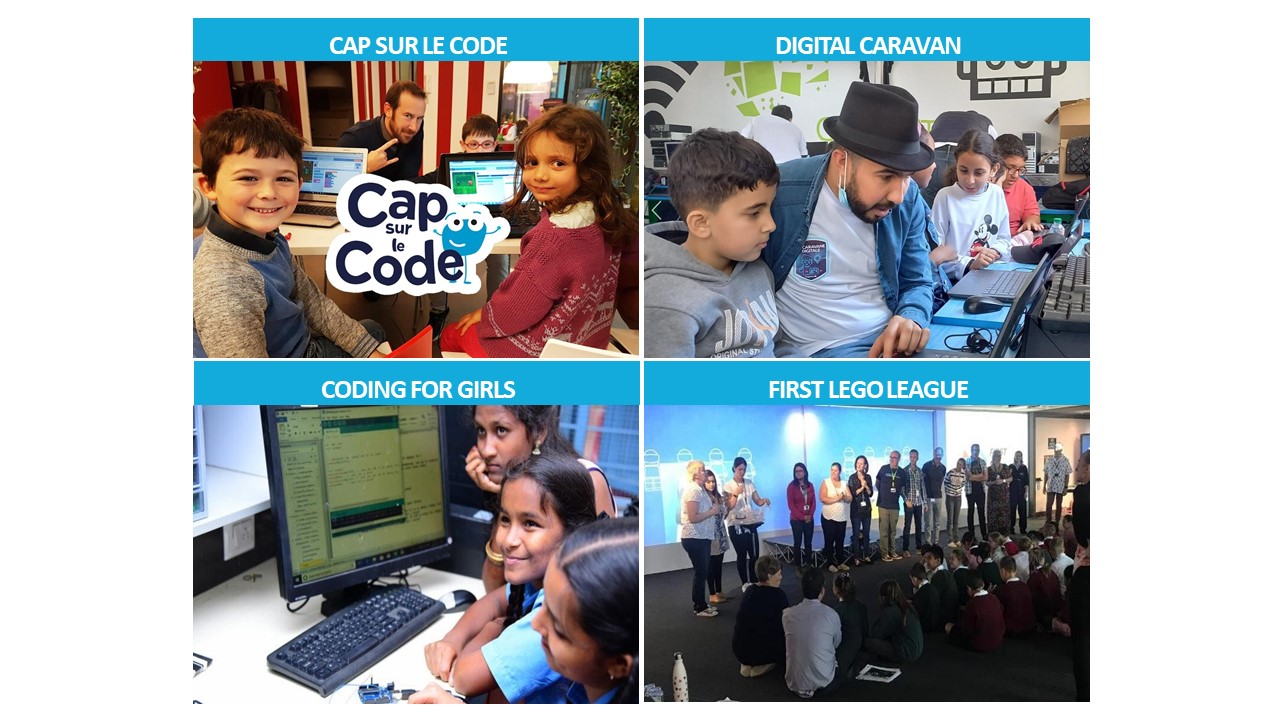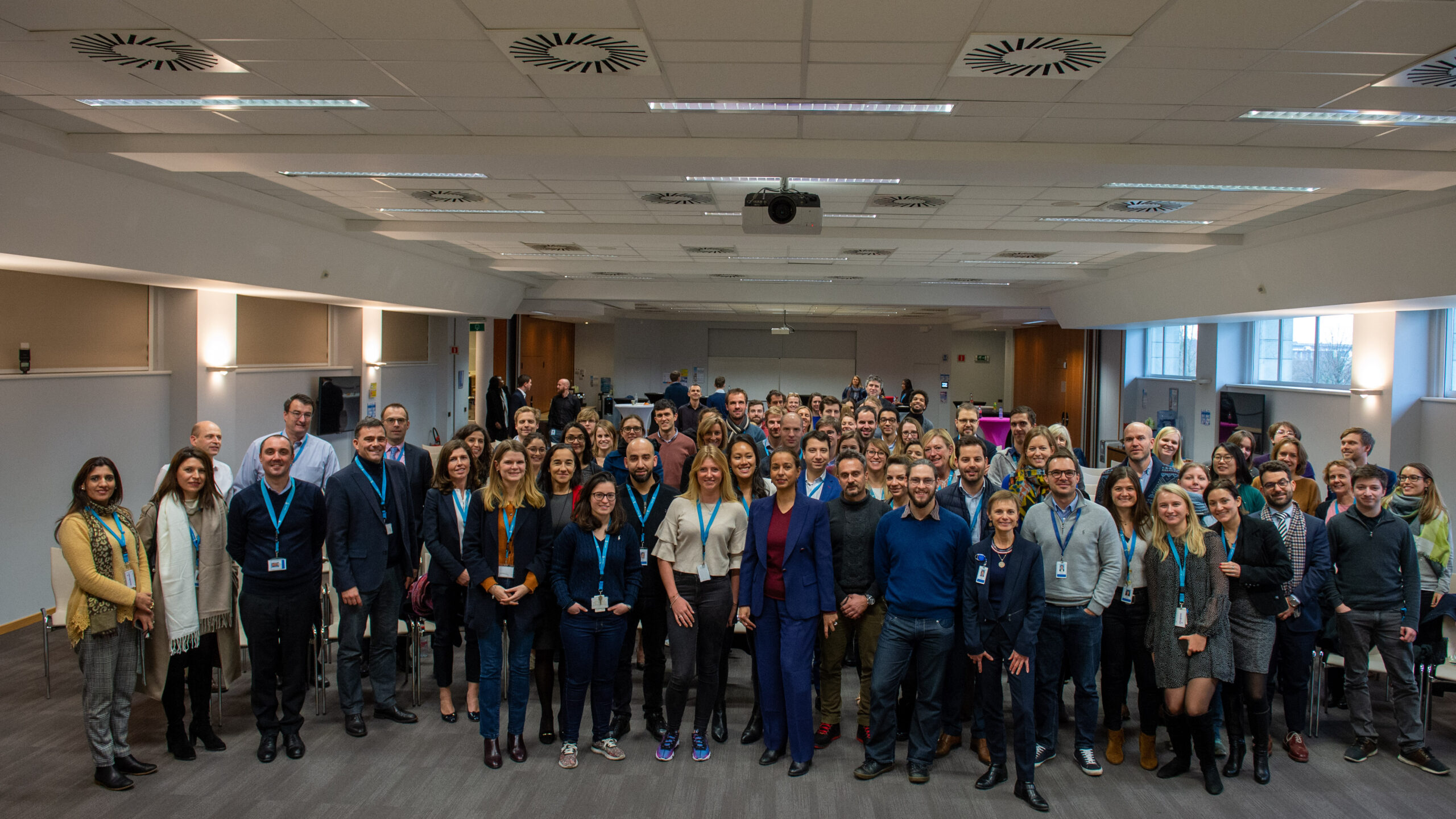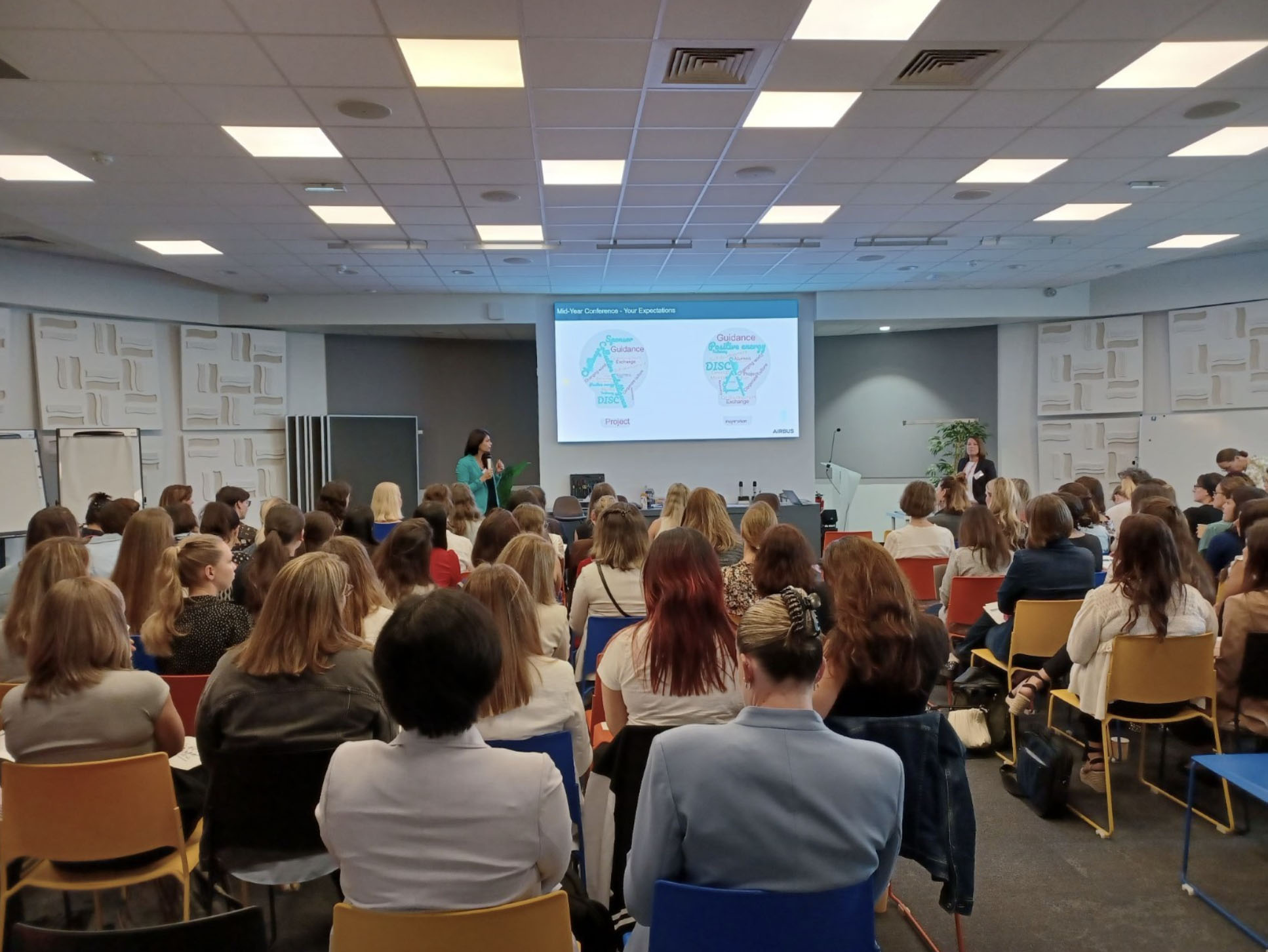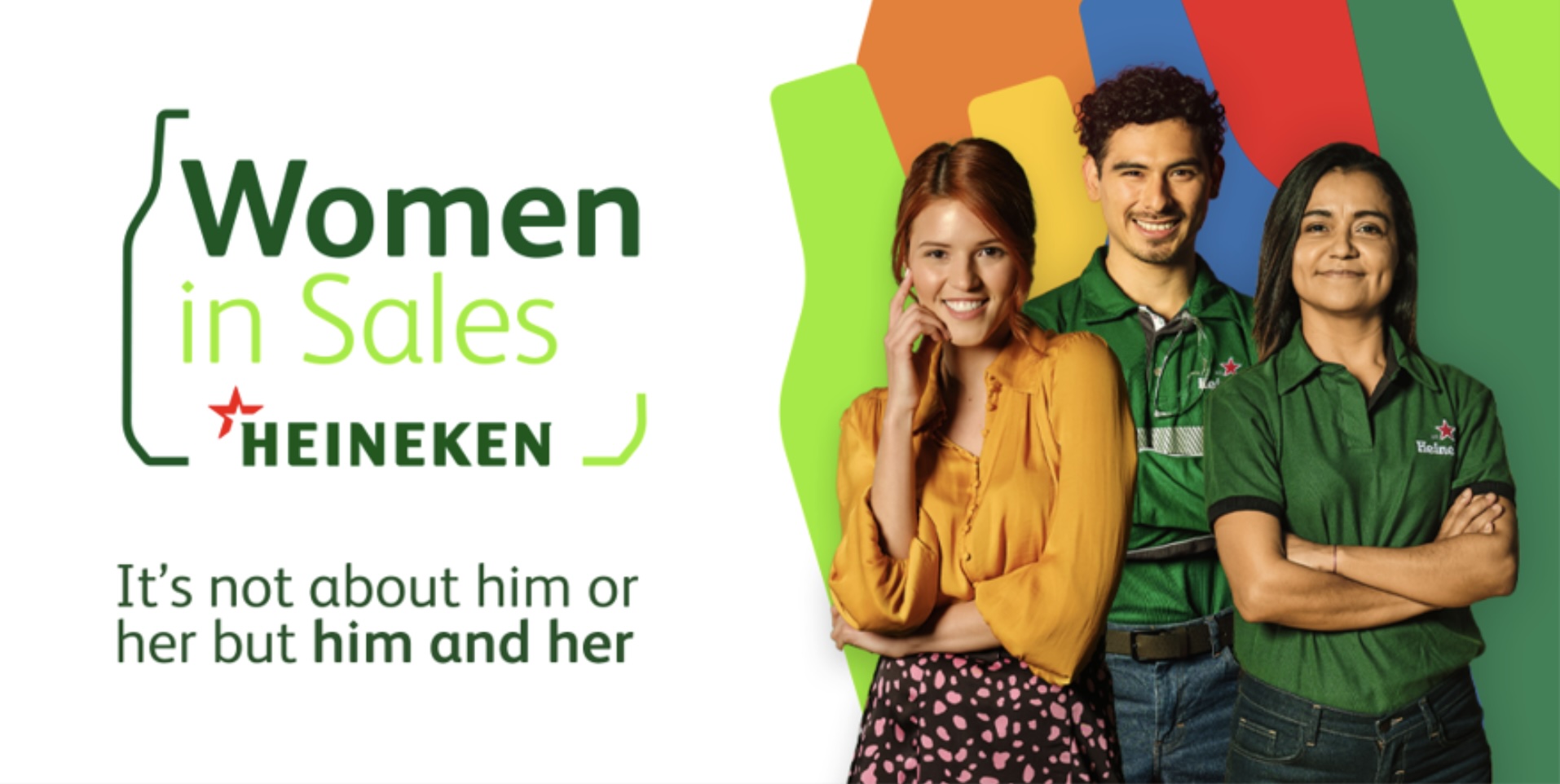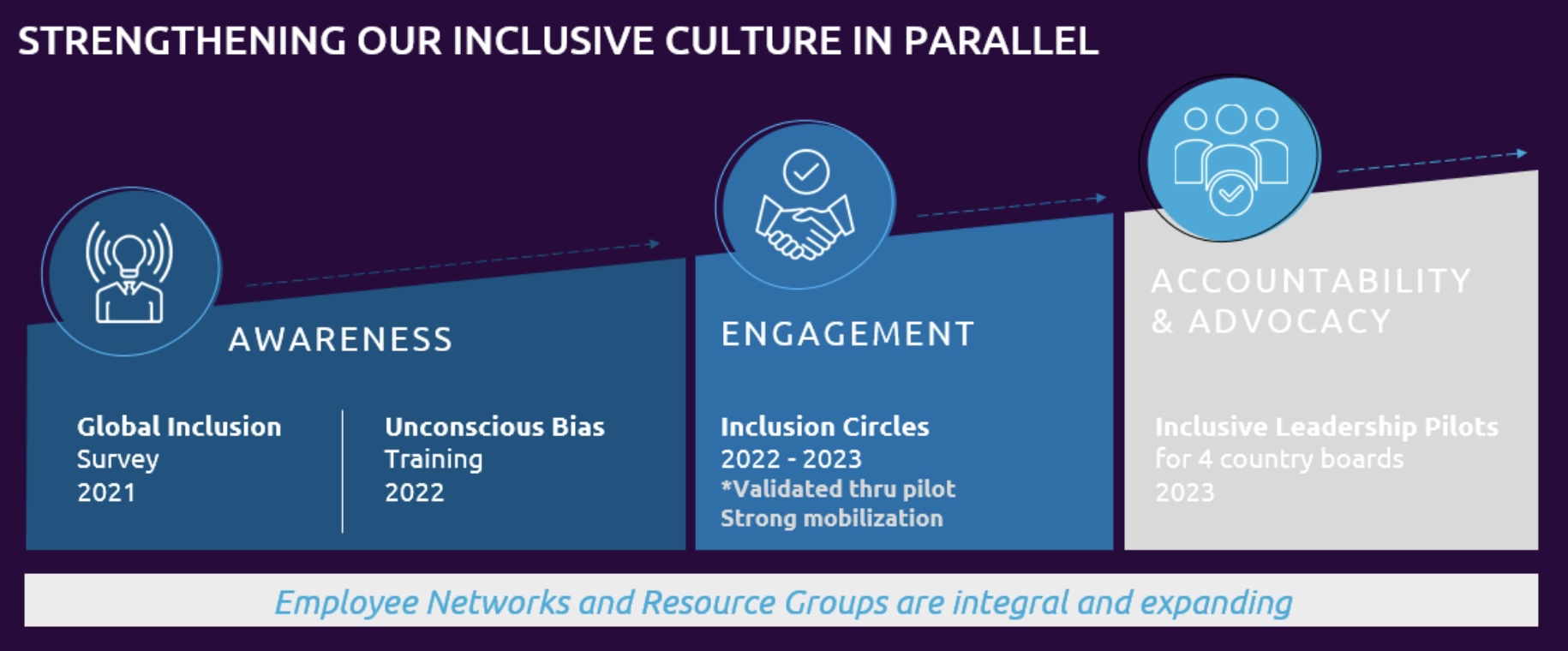

Empowering inclusion from unconscious bias to inclusive leadership
What did you want to achieve?
Capgemini is committed to empowering our leaders to be inclusive and create an environment where everyone can succeed, through a long-term cultural shift rather than relying on short-term fixes. Recognizing and addressing unconscious biases is critical to this – so we want to embed awareness and techniques to minimize bias throughout our organisation. To achieve this inclusive transformation, we prioritize 3 main success factors: changing mindsets, adapting our behaviours, and training our managers.
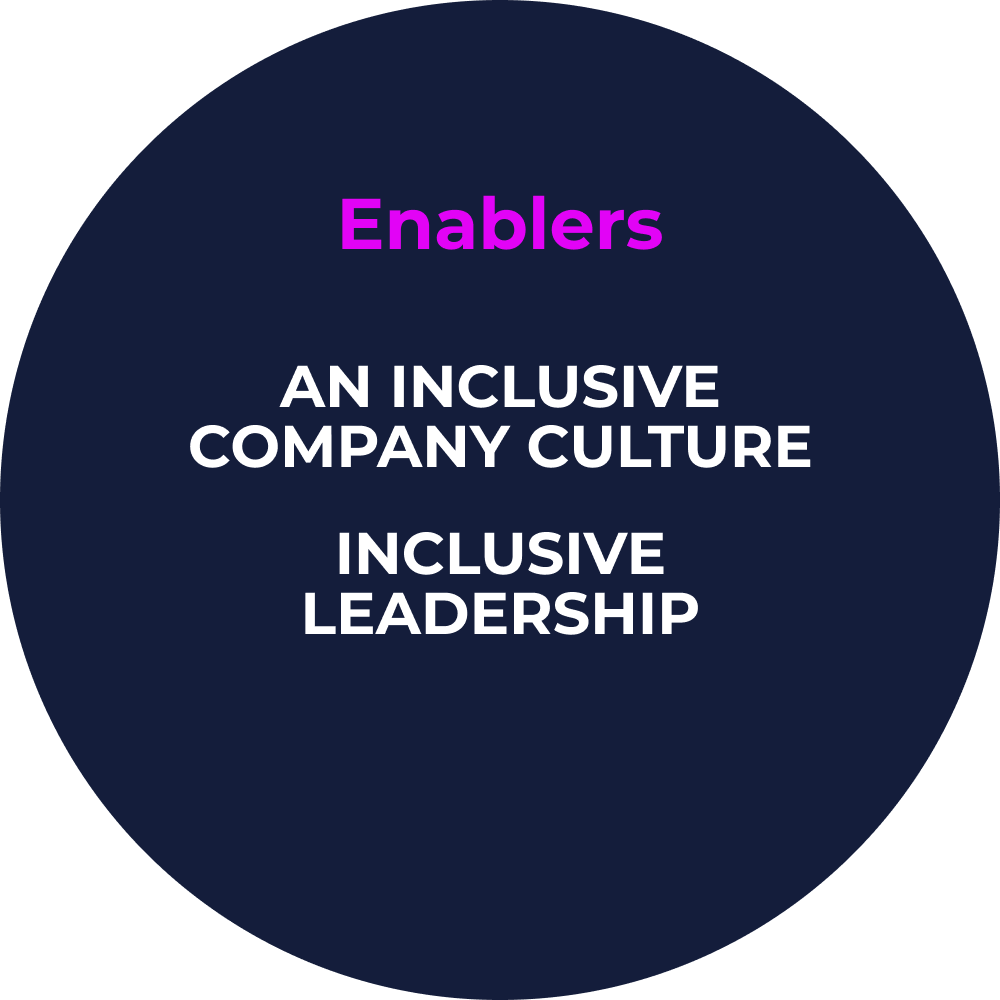
What did you do?
To strengthen our inclusive leadership culture, we have a three-stage journey:
Stage 1 – Baseline: In 2021, we established our employee’s current sentiment on diversity, discrimination and inclusion with a global Inclusion Survey.
Stage 2 – Education: Moving forward into 2022, we engaged our VPs in interactive Unconscious Bias training workshops, supported by internal campaigns on bias awareness for all employees – illustrating and examining common biases.
Stage 3 – Engagement: After establishing a solid foundation of understanding, we transitioned into active engagement! By supporting inclusive decision-making, we launched our “Inclusion Circles” campaign across the Group, hosted by senior business leaders. These small-groups’ open discussions and provide an opportunity to move from awareness to engagement on D&I topics and put learnings into practice in a safe space.
We are reinforcing all of this through Inclusive Leadership pilot programs with our country boards, supporting them to become active and visible advocates, who could demonstrate strong commitment to inclusion through their own actions.
What are the results so far?
Awareness of bias has increased, becoming a much easier topic to discuss and explore. By Dec-22, 97% of VPs had completed unconscious bias training, creating a strong foundational awareness of bias recognition. This is now a mandatory part of our VP on-boarding process, supported by online learning modules for all employees.
Inclusion Circles are on-going with hundreds of volunteer hosts so far and a 98% positive approval rating from participants. Feedback and action from these Circles are supporting the development of our strategy for the next phase of our journey.
What have you learned?
Our main lesson is that to achieve real change, you must commit for the long term. Creating a truly inclusive environment will not happen overnight, instead you must embark everyone on a defined, iterative pathway to build understanding and confidence. Supporting people to practice inclusive leadership in a safe space is key – as fear of failure or “saying something wrong” is a huge barrier to overcome.
It is also critical to listen to your colleagues along the way and adjust as required, whilst staying true to your purpose and goal.
